Posts Tagged: study
TikTok pulled a hashtag-tracking feature researchers used to study the platform
TikTok recently pulled a tool that allowed researchers and others to study the popularity of hashtags on its app. The change, first reported by The New York Times, came shortly after researchers published a report using data from the tool that criticized the company.
As The New York Times points out, the tool was one of the few publicly-accessible methods of tracking details about the popularity of specific hashtags. TikTok, like other social media companies, has made it difficult for outsiders to track how content spreads in its app.
The tool in question is a feature called Creative Center, which provides data about the popularity of hashtags to would-be advertisers and others. Researchers at Rutgers’ Network Contagion Institute had used Creative Center’s search function to track hashtags deemed “sensitive” to Chinese government interests. The researchers compared the prevalence of the hashtags between TikTok and Instagram and concluded that many “sensitive” topics were “dramatically underrepresented on TikTok” compared with Instagram.
Soon after the report was published, the researchers said the search feature in Creative Center disappeared without an explanation. “Search capacity for Hashtags has itself now been removed from the user interface entirely, which NCRI discovered to have occurred on Christmas day, days after this report’s initial release,” they wrote in an addendum to the report. They added that TikTok had also disabled direct access to a number of “sensitive” topics they had previously tracked, including hashtags related to US politics and other geopolitical issues.
In a statement to The New York Times, TikTok confirmed the change. “Unfortunately, some individuals and organizations have misused the Center’s search function to draw inaccurate conclusions, so we are changing some of the features to ensure it is used for its intended purpose,” a company spokesperson said.
The dust-up is the latest example of mounting tensions between social media companies and researchers trying to study thorny topics like misinformation. Meta has also found itself at odds with researchers, and reportedly plans to deprecate CrowdTangle, a tool widely used by researchers and journalists to study how content spreads on Facebook. X has also greatly restricted researchers’ access to data since Elon Musk took control of the company, making its once open APIs prohibitively expensive to most groups.
In TikTok’s case, the company may be particularly sensitive to what it considers improper use of its tools. The company has for years denied that it aligns its content policies with the interests of the Chinese government as numerous government officials have called for the app to be banned. More recently, the company faced increased scrutiny over its handling of content related to the Israel-Hamas war — criticism that was also fueled by what the company said was an inaccurate portrayal of hashtag data.
That said, the company has made some concessions to researchers. TikTok began offering an official Research API to some academic institutions last year, and reportedly plans to make the tools available to some civil society groups that have questioned the company’s content moderation practices.
But for researchers, the move to abruptly cut off a tool will likely fuel more questions about just how willing the company is to work with them. “This lack of transparency is of deep concern to researchers,” the NCRI researchers wrote.
This article originally appeared on Engadget at https://www.engadget.com/tiktok-pulled-a-hashtag-tracking-feature-researchers-used-to-study-the-platform-015454077.html?src=rss
Engadget is a web magazine with obsessive daily coverage of everything new in gadgets and consumer electronics
Researchers made VR goggles for mice to study how their brains respond to swooping predators
Believe it or not, scientists have been using virtual reality setups to study brain activity in lab mice for years. In the past, this has been done by surrounding the mice with flat displays — a tactic that has obvious limitations for simulating a realistic environment. Now, in an attempt to create a more immersive experience, a team at Northwestern University actually developed tiny VR goggles that fit over a mouse’s face… and most of its body. This has allowed them to simulate overhead threats for the first time, and map the mice’s brain activity all the while.
The system, dubbed Miniature Rodent Stereo Illumination VR (or iMRSIV), isn’t strapped onto the mouse’s head like a VR headset for humans. Instead, the goggles are positioned at the front of a treadmill, surrounding the mouse’s entire field of view as it runs in place. “We designed and built a custom holder for the goggles,” said John Issa, the study’s co-first author. “The whole optical display — the screens and the lenses — go all the way around the mouse.”
In their tests, the researchers say the mice appeared to take to the new VR environment more quickly than they did with the past setups. To recreate the presence of overhead threats, like birds swooping in for a meal, the team projected expanding dark spots at the tops of the displays. The way they react to threats like this “is not a learned behavior; it’s an imprinted behavior,” said co-first author Dom Pinke. “It’s wired inside the mouse’s brain.”
With this method, the researchers were able to record both the mice’s outward physical responses, like freezing in place or speeding up, and their neural activity. In the future, they may flip the scenario and let the mice act as predators, to see what goes on as they hunt insects. A paper on the technique was published in the journal Neuron on Friday.
This article originally appeared on Engadget at https://www.engadget.com/researchers-made-vr-goggles-for-mice-to-study-how-their-brains-respond-to-swooping-predators-215927095.html?src=rss
Engadget is a web magazine with obsessive daily coverage of everything new in gadgets and consumer electronics
NASA is launching a rocket on Sunday to study a 20,000-year-old supernova
A sounding rocket toting a special imaging and spectroscopy instrument will take a brief trip to space Sunday night to try and capture as much data as it can on a long-admired supernova remnant in the Cygnus constellation. Its target, a massive cloud of dust and gas known as the Cygnus Loop or the Veil Nebula, was created after the explosive death of a star an estimated 20,000 years ago — and it’s still expanding.
NASA plans to launch the mission at 11:35 PM ET on Sunday October 29 from the White Sands Missile Range in New Mexico. The Integral Field Ultraviolet Spectroscopic Experiment, or INFUSE, will observe the Cygnus Loop for only a few minutes, capturing light in the far-ultraviolet wavelengths to illuminate gasses as hot as 90,000-540,000 degrees Fahrenheit. It’s expected to fly to an altitude of about 150 miles before parachuting back to Earth.
The Cygnus Loop sits about 2,600 light-years away, and was formed by the collapse of a star thought to be 20 times the size of our sun. Since the aftermath of the event is still playing out, with the cloud currently expanding at a rate of 930,000 miles per hour, it’s a good candidate for studying how supernovae affect the formation of new star systems. “Supernovae like the one that created the Cygnus Loop have a huge impact on how galaxies form,” said Brian Fleming, principal investigator for the INFUSE mission.
“INFUSE will observe how the supernova dumps energy into the Milky Way by catching light given off just as the blast wave crashes into pockets of cold gas floating around the galaxy,” Fleming said. Once INFUSE is back on the ground and its data has been collected, the team plans to fix it up and eventually launch it again.
This article originally appeared on Engadget at https://www.engadget.com/nasa-is-launching-a-rocket-on-sunday-to-study-a-20000-year-old-supernova-193009477.html?src=rss
Engadget is a web magazine with obsessive daily coverage of everything new in gadgets and consumer electronics
5G adoption in retail stores will triple by 2024, study says
U.S. retailers are expecting 5G usage in their stores to explode over the next few years as customers seek out better digital in-store experiences.
Mobile | Digital Trends
Apple sponsors a three-year UCLA study on depression and anxiety
With help from Apple, UCLA is launching a new three-year study to understand how factors like sleep and physical activity can impact depression and anxiety symptoms. The study will start this week with a pilot that will involve 150 participants drawn…
Engadget RSS Feed
Study finds security holes in online voting for New Jersey and West Virginia
States are under pressure to use online voting for the US presidential election when COVID-19 could remain a threat in November, but those platforms might not be as secure as you’d like. MIT and the University of Michigan have published a report deta…
Engadget RSS Feed
MIT wants to use your microwaving habits to study your health
Researchers from MIT’s Computer Science and Artificial Intelligence Laboratory (CSAIL) have created a wireless system that monitors how people use the appliances in their homes. The team believes that with data about how and when users operate everyt…
Engadget RSS Feed
Study casts doubt on the chances of life on watery alien planets

Engadget RSS Feed
Drivers may overestimate Tesla Autopilot because of its name, study suggests

Engadget RSS Feed
Too in love with your phone? That’s a problem says new Motorola study
For years now leadership, management and self-improvement gurus have talked about people needing to establish a better work-life balance. Prepare for a new term to start being tossed about courtesy of Motorola who recently coined “phone-life balance.” The nature of that balance is in a bad place according to a recently completed study commissioned by […]
Come comment on this article: Too in love with your phone? That’s a problem says new Motorola study
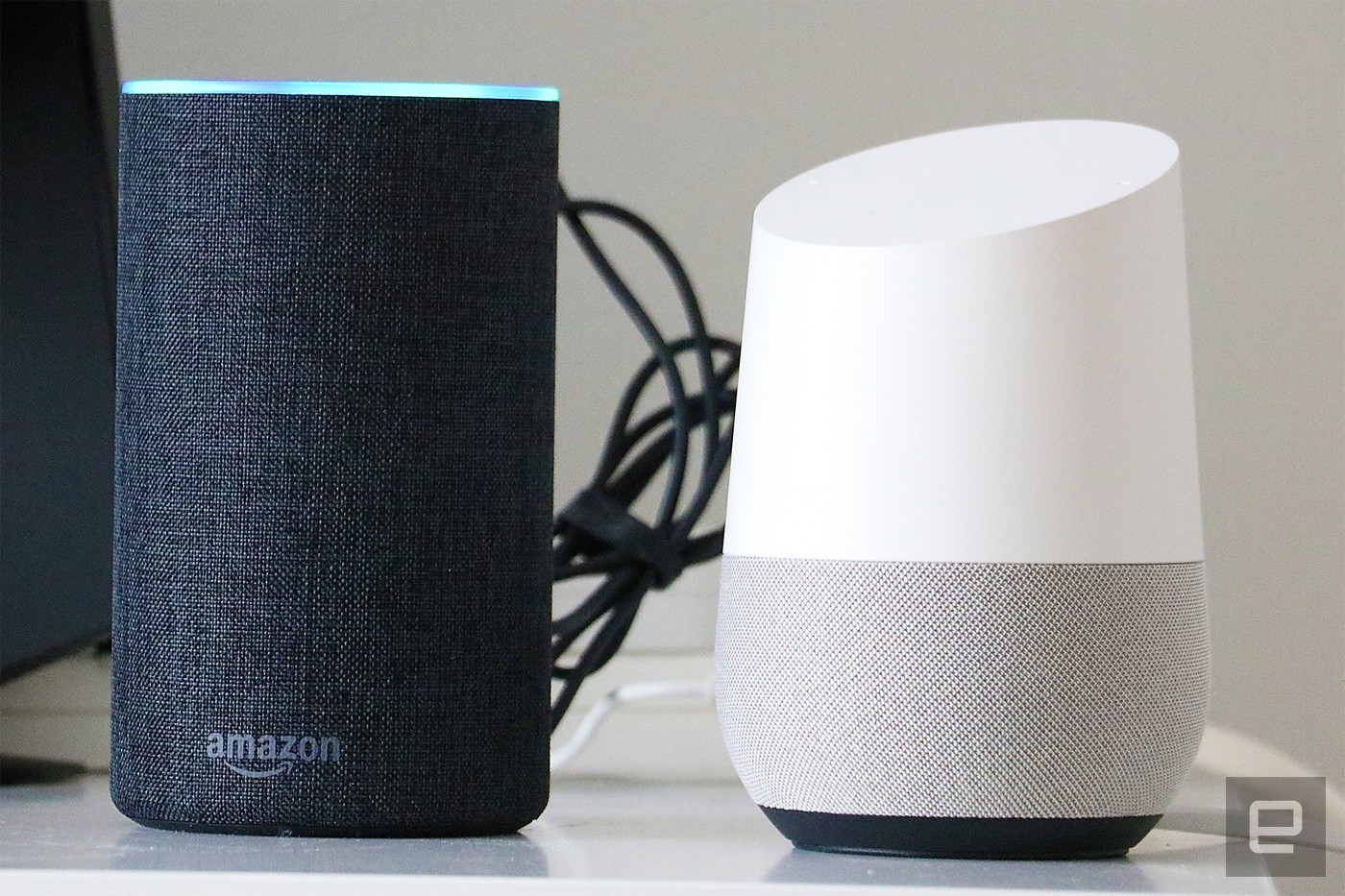
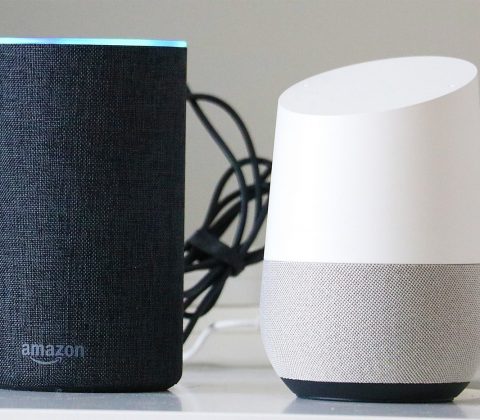
One in six Americans owns a smart speaker, according to study
 There's no doubt that smart speakers are selling like hotcakes, but how many people own them, exactly? Quite a few, according to NPR and Edison Research. They've published findings of a study which estimates that one in six Americans (16 percent) o…
There's no doubt that smart speakers are selling like hotcakes, but how many people own them, exactly? Quite a few, according to NPR and Edison Research. They've published findings of a study which estimates that one in six Americans (16 percent) o…
Engadget RSS Feed
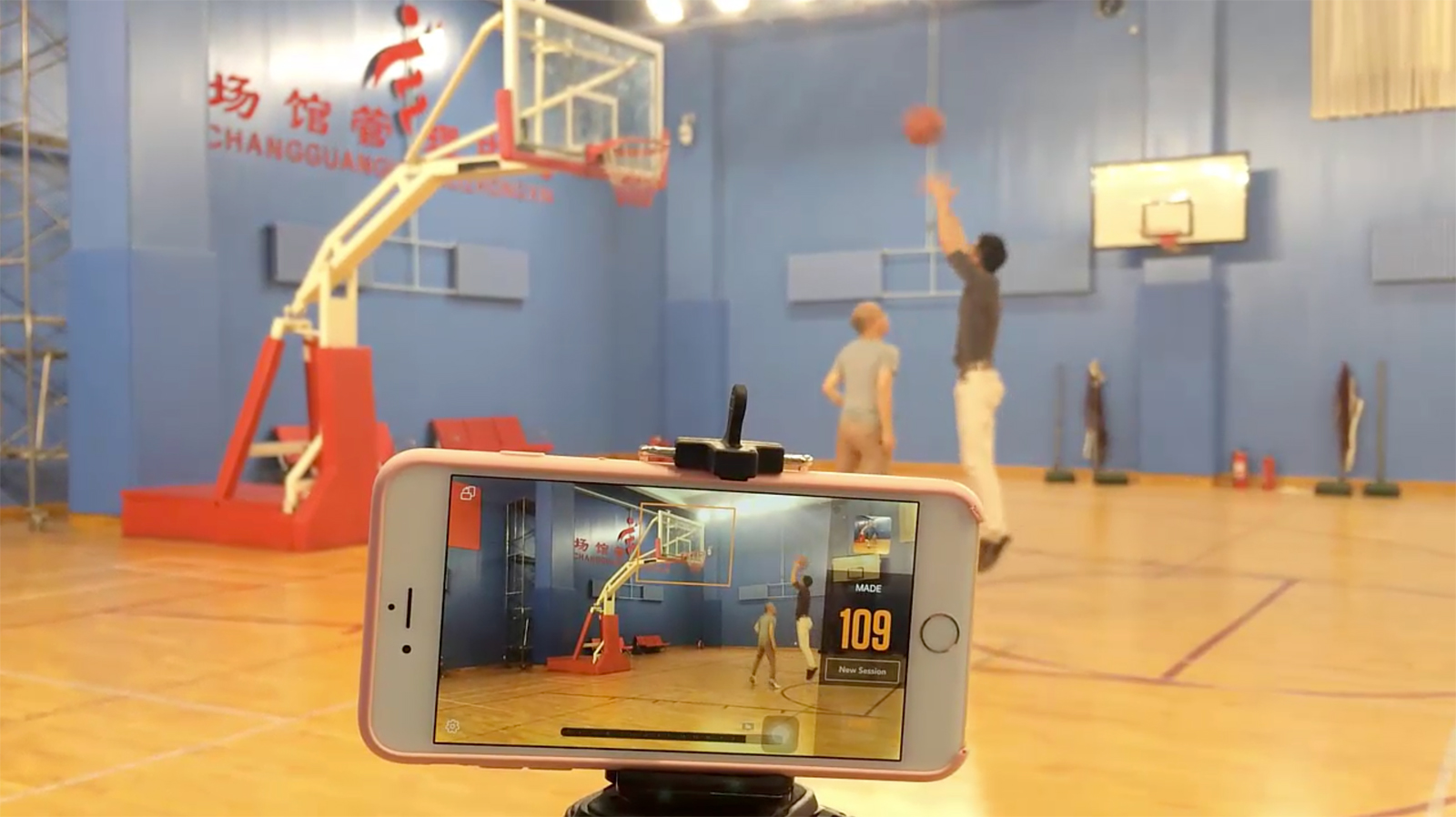
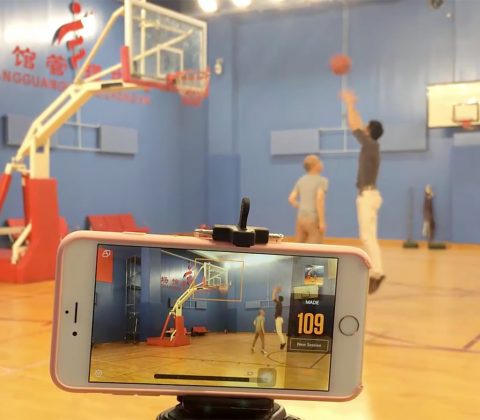
Zepp phone apps use AI to study your basketball shots
 You may know Zepp for sports tracking sensors you can slap on your baseball bat or soccer ball, but its latest tracking involves little more than your phone and a good view of the action. Its game recording and training apps (Android, iOS) are adding…
You may know Zepp for sports tracking sensors you can slap on your baseball bat or soccer ball, but its latest tracking involves little more than your phone and a good view of the action. Its game recording and training apps (Android, iOS) are adding…
Engadget RSS Feed
Verily, the Alphabet health company, announces the Study Watch
If you happen to own an activity tracker, you probably know that the companies producing them are careful to disclaim the accuracy of the devices. Despite this, companies producing the devices have been hit with the occasional lawsuit because the data the devices provide are not “medical” grade or quality. For a company like Verily, […]
Come comment on this article: Verily, the Alphabet health company, announces the Study Watch
Your sleep tracker may actually disturb your sleep, study suggests
In a bid to improve sleep patterns, many people have turned turned to devices such as sleep trackers to better optimize their shut-eye. But a new case series suggests these devices might actually prompt sleep problems.
The post Your sleep tracker may actually disturb your sleep, study suggests appeared first on Digital Trends.
New York buildings are getting sensors to study city’s noise pollution
Sounds of New York City is a new multi-year project described as a “first-of-its-kind comprehensive research initiative to understand and address noise pollution in New York and beyond.”
The post New York buildings are getting sensors to study city’s noise pollution appeared first on Digital Trends.
Smile and take a selfie, and you’ll feel your confidence grow, study suggests
A small team of researchers from the University of California have detailed a small study showing that taking daily selfies can actually improve one’s confidence over time.
The post Smile and take a selfie, and you’ll feel your confidence grow, study suggests appeared first on Digital Trends.
Tinder users twice as likely to have a sexually transmitted infection, finds new study
A new study has found that Tinder users are twice as likely to have a sexually transmitted infection (STI) as those that don’t use the popular dating app. The research also found that the types of STI Tinder users and non-users have tend to differ.
The post Tinder users twice as likely to have a sexually transmitted infection, finds new study appeared first on Digital Trends.
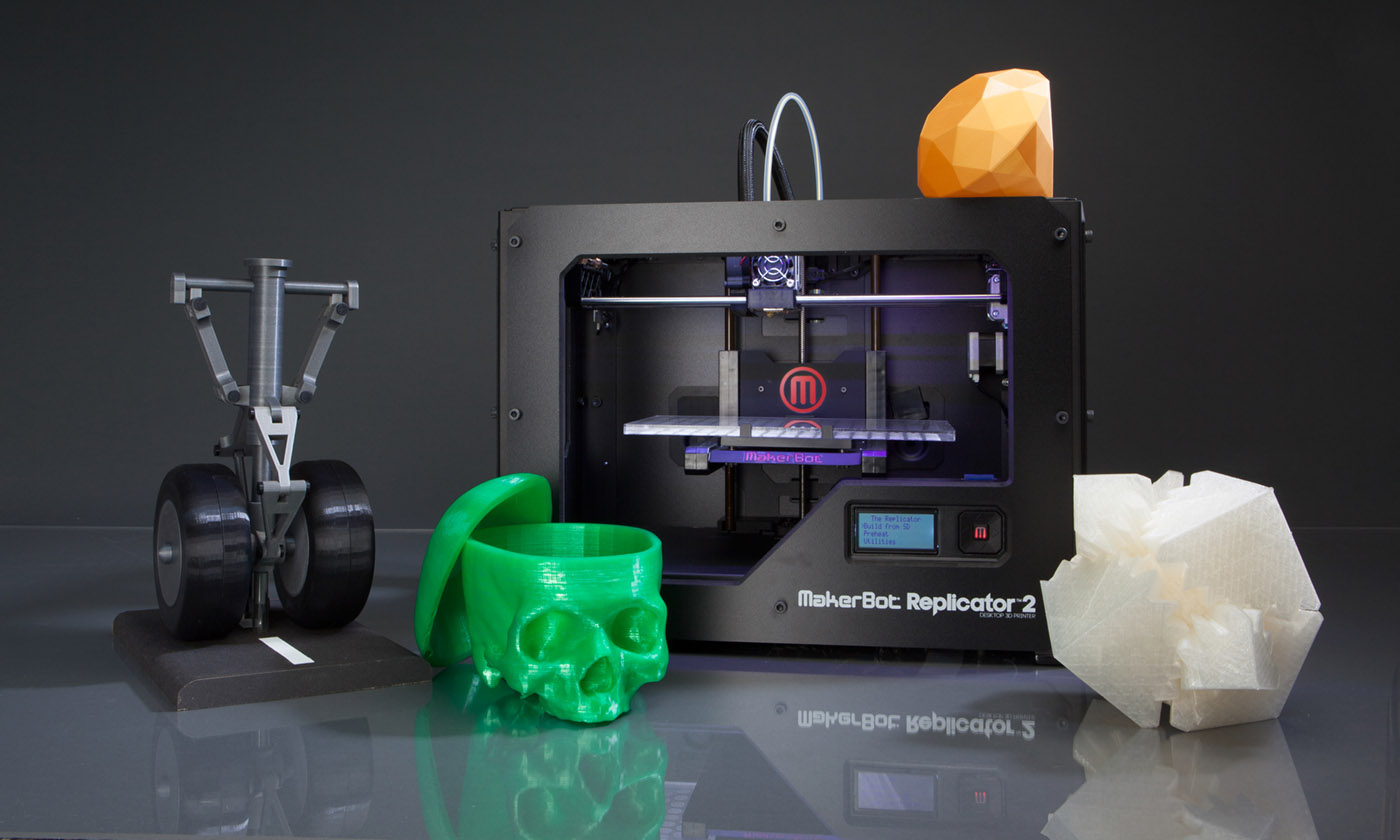
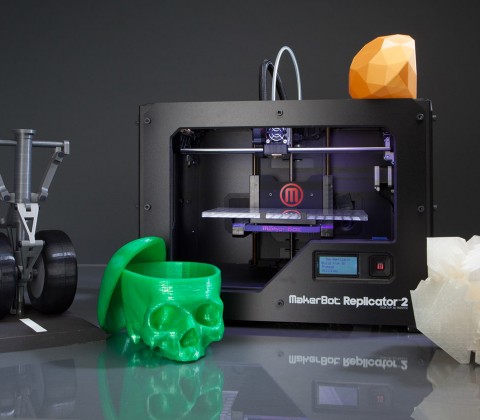
Study shows some 3D printing fumes can be harmful
 If you do a lot of 3D printing and are worried about the fumes, you may want to read a new study from US and French researchers. It measured the amount of particles emitted by five 3D printers using nine different filament materials. The new research…
If you do a lot of 3D printing and are worried about the fumes, you may want to read a new study from US and French researchers. It measured the amount of particles emitted by five 3D printers using nine different filament materials. The new research…
Engadget RSS Feed
Study: People want Apple Watches, aren’t sure why, refuse to pay for them
In a Juniper Research survey of over 2,000 smartphone owners in the U.S. and the UK, only one in five respondents said they were willing to spend more than $ 175 on any kind of wearable.
The post Study: People want Apple Watches, aren’t sure why, refuse to pay for them appeared first on Digital Trends.
According to a new study, almost all common hangover cures aren’t actually effective
Bad news for those who hope to stave off a hangover after a night of drinking with a heavy meal or a several glasses of water. A recent study suggests these common hangover cures are ineffective.
The post According to a new study, almost all common hangover cures aren’t actually effective appeared first on Digital Trends.
